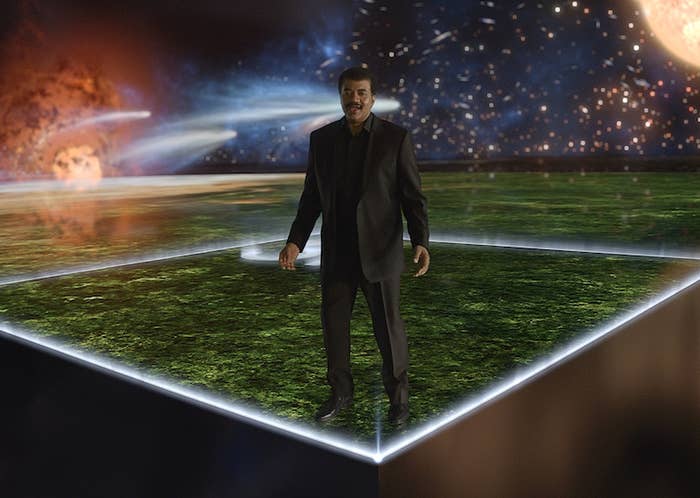
AUSTIN — When acclaimed astrophysicist Neil deGrasse Tyson took to Twitter last fall to catalogue the scientific errors in Gravity — "Nearly all satellites orbit Earth west to east yet all satellite debris portrayed orbited east to west" — he had not intended his factual critique to go viral. Not even close.
"I was astonished at the attention the tweets got," he told BuzzFeed while at the SXSW Film Festival, where the first episode of his scientific TV series COSMOS: A Spacetime Odyssey screened before its series premiere on Fox. "I have some metrics for how far a tweet will reach. I had no way to have predicted it [would be] on Today, and "Weekend Update" [on] Saturday Night Live, and on CBS Morning Show, and the blogosphere."
Tyson's shock was partly due to the fact that this was far from the first time he's critiqued science in a film. He famously got James Cameron to replace the night sky in the 2012 re-release of Titanic, and he once schooled Jon Stewart on the rotation of the globe that opens The Daily Show. (And then there was the time Tyson, as the director of the Hayden Planetarium in New York, was the most visible scientist in the successful effort to de-list Pluto as a planet, a different sort of fact-check.) Tyson explained, however, that he only tries to weigh in on a movie's accuracy "if the film has a premise that it's getting things right." "I don't tell you the bad physics in Star Wars," he noted.
The Gravity tweets, however, garnered so much attention so quickly — even after Tyson clarified that he did enjoy the film "very much" — that it's given the Harvard and Columbia educated scientist pause about the whole notion of pop-culture fact checking.
"I don't know if I'll do it again, given how people just went crazy," he said. He happily listed the science that Gravity got right, including the appearance of liquid water in space, the orientation of the stars in space, and the physics to how Sandra Bullock tumbled backward when she first tried to use the fire extinguisher. "But that's not as interesting as picking out the few things that it got wrong," he asserted.
Then again, it's doubtful Tyson will keep to that mild declaration. When pressed to list films that did indeed get the science right, something compels Tyson — perhaps his sense of scientific rigor, his sense of showmanship, or both — to note when those films also got something wrong, even when it is Tyson's stated favorite film ever.
The Matrix (1999)
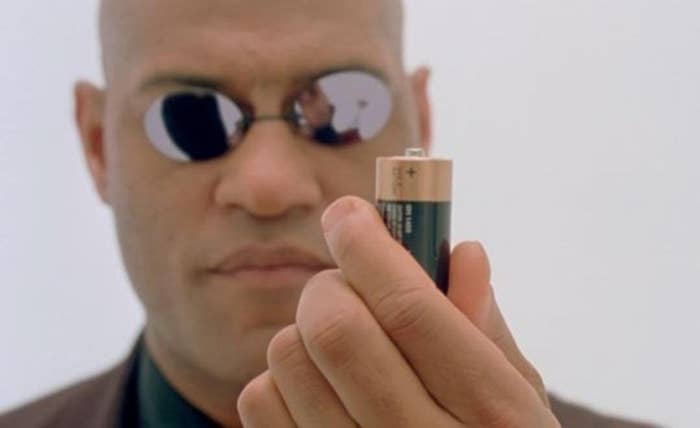
L.A. Story (1991)
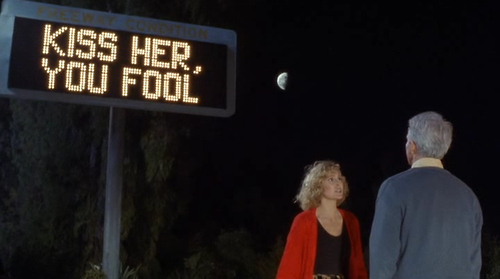
Star Trek
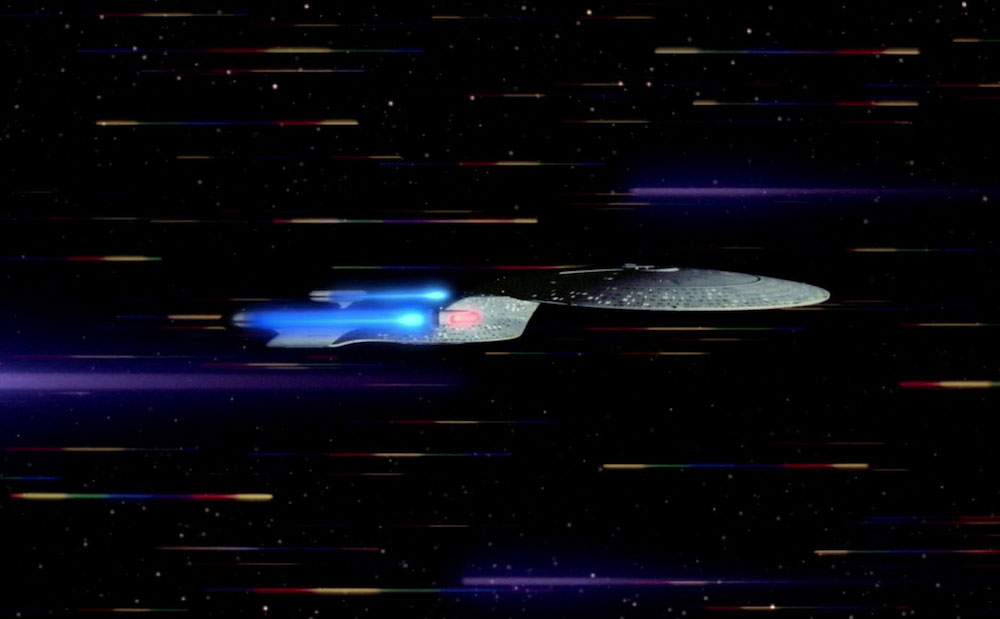
2001: A Space Odyssey (1968)
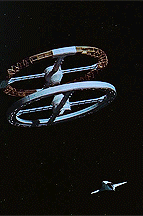


Perhaps the most highly regarded work of feature-film science fiction ever, Stanley Kubrick's masterpiece understandably receives high praise from Tyson. "I think 2001 was significant in that it was a stunning arm's-reach view of the future," he said. "It was not hundreds of years in the future; not thousands of years. Back then, it was like 30, 35 years in the future. We can all imagine everything that was shown there. It was distant, yet it was near. That was a vision of the future that was so hopeful, and it was before we landed on the moon. It was so dreamy. I lament that today, no one dreams that way. Is it because we don't have a movie to help you dream that way? Or is it because we live in a society and a culture today that does not foster those kinds of thoughts at all? Maybe a combination of both. But in either case, I like being transported by films. And [the film] got so much science right in it, you just have to celebrate."
Then, Tyson paused, and leaned forward a bit. He couldn't help himself. "Want to know a little bit of science they got wrong?" he asked, before noting a scene toward the beginning of 2001 in which a space shuttle captain drinks from a nearby pouch with a straw. "He's in zero-G sipping liquid out of the pouch. He stops sipping the liquid, and the liquid drips back down the straw, which it wouldn't do in zero-G. You stop sucking, and then it would just stay there — whereas on Earth, you stop sucking and then the liquid goes back down the straw to the cup."
Gravity!
Deep Impact (1998)
View this video on YouTube
Surprisingly, of all the films discussed at length, the only one that Tyson appeared to have unequivocal praise for was the 1998 movie about a giant celestial body threatening the Earth. "When they go to the comet, you see that the gravity is very low," said Tyson. "You need grappling hooks just to pull yourself down and to stay connected. The gravity is so low, you could conceivably just jump and jump into orbit. Comets are out-gassing catastrophically, so you'd have to be careful walking around on them, as they captured in Deep Impact."
And in the movie (16-year-old spoiler alert), a major part of the comet does slam into the ocean — which Tyson thinks the film got right, unlike 1998's other giant-celestial-body-threatening-the-planet movie. "Most of Earth's surface is water, so chances are, if we're going to get hit, we're going to get hit in the water," he said. "But you still get to destroy cities. In the case of Deep Impact, they did it with tsunamis. Whereas in Armageddon, it was like they had aim. One hit near the Eiffel tower, if I remember correctly. The cosmos doesn't have that good aim."
Tyson did not bring up any scientific errors in Deep Impact, saying instead simply that the film "had really good science going there."
The man gives credit where credit is due.


